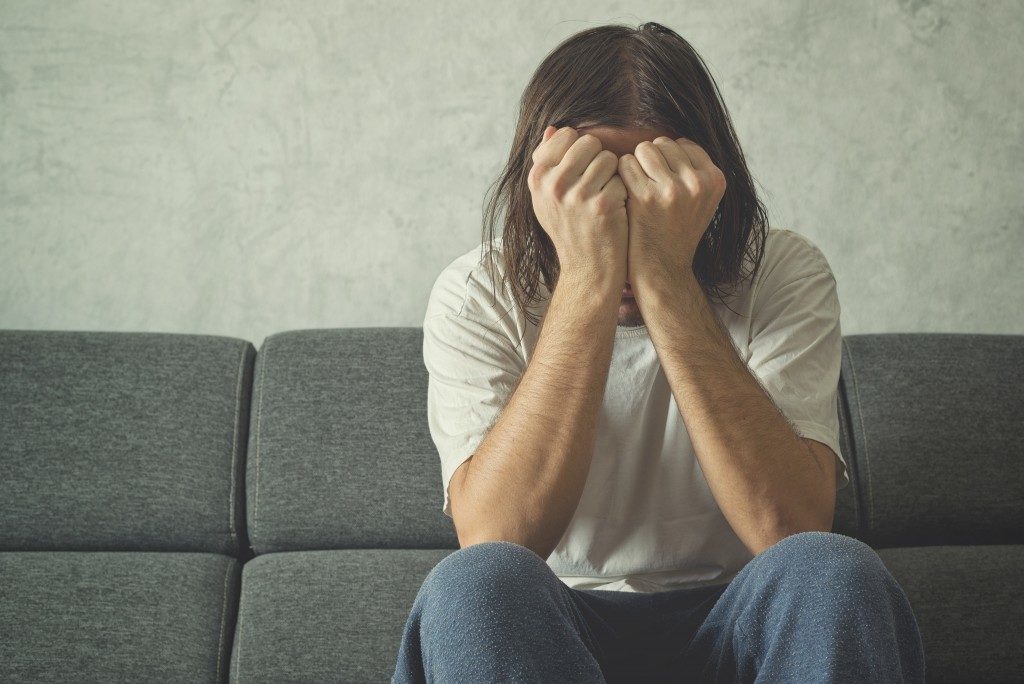Perhaps the most frustrating thing about depression is slipping back into it just when you thought you’ve already gotten back on your feet. It’s scary to be in that dark pit again, feeling helpless yet again. And this time, there’s a depression relapse, in other words, is worse than the depression itself. That’s why psychologists have this number one advice when it comes to recovery: identify triggers. You have to know the things that would make you vulnerable. Each person has different triggers, but in general, you want to keep an eye on these things.
Break From Treatment
Some people who have already gotten better, experiencing fewer symptoms less frequently, tend to go off medications and psychotherapy. Worse, most patients do it abruptly. Sometimes, due to overconfidence; other times, because of some underlying problems like paranoia.
Regardless of the reason, when you quit on treatment without the advice of your doctor, you’ll be putting yourself at risk for more intense symptoms, leaving you on the edge of another cycle of depression. Right now, you may feel like you’re never going to go through depression again, but be aware that there’s always that risk. But at the same time, you don’t want to be consumed with that negative thought, too.
You can have a healthy balance in approaching this by being consistent with your treatment plan. Take your medications. Adopt the healthy lifestyle changes your doctor recommended. Stay engaged in therapies, like the cognitive behavioral therapy or CBT your Westport, CT-based psychologist explained to you. The new ways of thinking you learn in therapy would help you better stave off relapse.
Death of a Loved One
Grief is a normal response to someone passing. But the sadness a recovering patient can feel during the mourning period can feel so familiar that it might trigger prolonged grief, and quickly turn into a depression episode. Check your thought patterns and emotions when grieving. Beliefs like “I’m the one to blame for my loved one’s death,” or “I should be the one who died, not them” aren’t just unhealthy, but potentially dangerous, driving you to self-harm.
To prevent this, be accountable to your therapist and loved ones. Be honest about your thoughts and feelings. If it helps, put your grief on paper. It will help them better understand what you’re going through. Lean into them for support. Don’t give in to the urge to isolate yourself. As much as you can, try to follow a routine. Sleep and eat well. These healthy practices can help in overcoming grief and preventing another episode of depression.
Changes in Hormone Levels

This is quite common among many women. Hormones can alter the brain chemistry and therefore affect your moods and emotions. If you’re a woman who has a history of depression, you should keep an eye on certain life milestones like pregnancy and perimenopause (the period before menopause), as these can cause hormone levels to shoot up or hit low.
Experts say that those who have depressive order are at a greater risk for post-partum depression. So, if you’re currently at these life stages, you shouldn’t just be sensitive to your physical health but your mental health as well.
Be familiar with the triggers of depression relapse. As they say, knowing your enemy is half the battle. If you can, avoid the triggers. But if it’s inevitable, learn how to cope.

